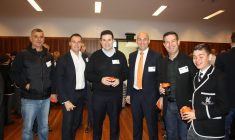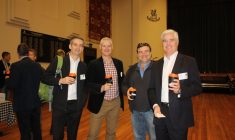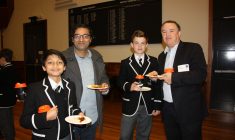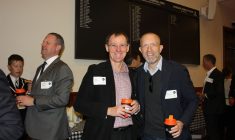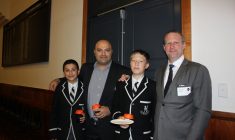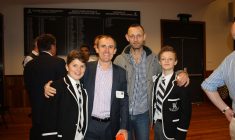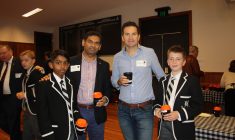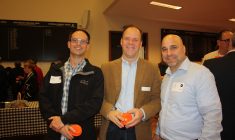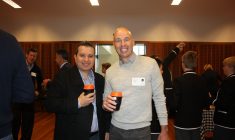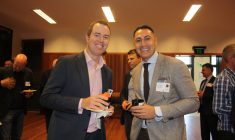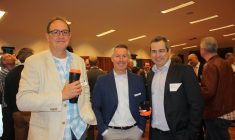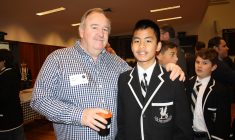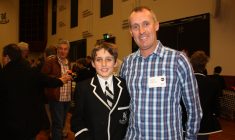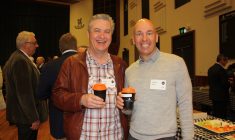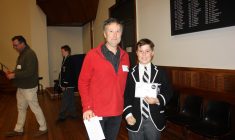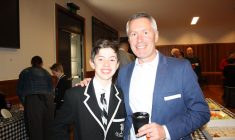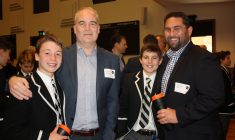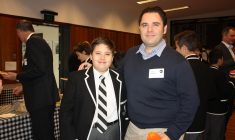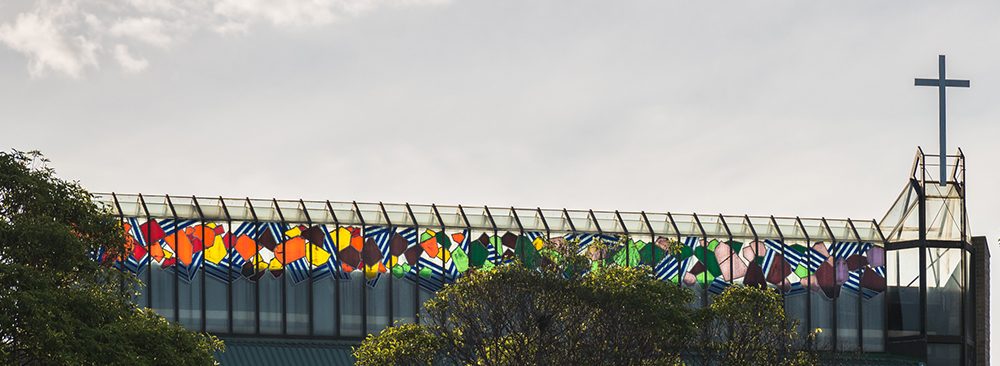Filling in the Gaps – The last box to tick
At this time of every year, there are 230-ish boys doing lots of things with the word ‘last’ in front of them. Their last school assembly, last double Biology lesson, last Cadet parade, last concert, the last time they will walk up the stairs in N-block to a class on Thursday Week A on their timetable. Those sorts of things.
It is a time of emotional rollercoasters for Year 12. They have come a long distance in their time on the Stanmore campus in so many different and individual ways, and each small last is one piece of a bigger conclusion to what has been a big ride for them all. It is a privilege sharing that with them, and watching them reflect on their time here, but in so many ways it is rewarding seeing them being so ready to take on the challenges beyond the gates.
However, as we celebrate them at their Valedictory lunch and their farewell assembly in front of their family, there is still a strong sense of unfinished business. With HSC and IB exams on the (not as distant as they were before) horizon there will be lots of things happening over the coming weeks that will not have the word last popped on the front.
It will be a while before the boys will lay claim to that last review of their notes, that last practice paper, that last essay plan, that last revision of that proof. Between now and November still lie challenges, and still lie real opportunities to get closer to academic goals.
A challenge they will face is to ensure that their best intentions are not undone by what makes them feel good when they put the time aside to study. Researchers and psychologists tell us that when we sit ourselves down we grab those books, those notes, those questions that are full of the content and concepts we know well. We like to experience success when we study, and we feel successful when we read or grapple with something we already understand. We fall into the trap of spending more time studying what we do know, rather than what we don’t. We feel good about what we have learned, but I am not sure it helps us make that next jump in performance we want so much.
Irrespective of whether we are aiming up at our final Year 12 examinations or getting ready for that Year 7 ‘end of topic’ test in Period 4 on Friday, good study is about actively looking for those things we don’t yet realise that we don’t understand. How we study helps us find them. And when we find something we don’t understand, we can fill that gap, and be that little bit better.
So, how do you find the holes? Revision questions are great in this regard, but grinding them out can wear you down. Doing one under time pressure with no assistance, then spending the same amount of time going back over it with notes and books, working out what else could have gone into it (the things you didn’t know) identifies your gaps and fills them in one fell swoop. Looking at that same question, then changing two words or numbers in it (could that increase become a decrease, could that 2x become -2x?) changes your focus – but this time do it all open book, and don’t include anything in the answer you didn’t already know.
Too often we associate study with a solitary life, chained to a desk, pouring over books. Often others find our gaps better than we do, be they around a desk in a seminar room in a library pooling knowledge to break open a problem, or over the dinner table in the evening with a pile of flash cards with definitions and quotes on them. Is it about passing the 90 second test – can you explain that idea or concept or cause or event to someone who knows nothing about it in under two minutes? Feel confident at doing that, and you know you can look for your holes elsewhere.
I am consistently intrigued, as boys of all ages move towards assessments or exams, how much time is spent reading notes and books. I wonder if it is like training for Saturday’s rugby fixture by watching replays of Wallabies matches, or preparing for Founders Concert by listening to downloaded music. There are so few assessments that boys will do where Question 11 reads ‘write out what you can remember from your notes’. Using, manipulating and applying concepts and ideas are what they are required to do, and the best study recognises that and mimics it. Effective study is not a memory game.
When we plan, we use our time better, and we get more out of it. So often we think about a study plan to be setting aside blocks of time each week, distributing them between English, Maths, Commerce and Extension Macramé. The most effective plans, however, are the ones done in the five minutes before we sit down, that focus on how we will spend that time. Effective study is so infrequently about how much we do, more about what we do.
While the Year 12 boys are lining up for their last big push towards the exams, we wish them well and hope they know that they have the support of their teachers and the school in their run to their last lasts. I hope they feel at the end that, for one last time, they got the best out of themselves. But, I hope that the same is true for all boys, that they can feel they showed everyone their best learning as they head through Term 4 towards the end of the year.
Mr Trent Driver
Head of Academic










